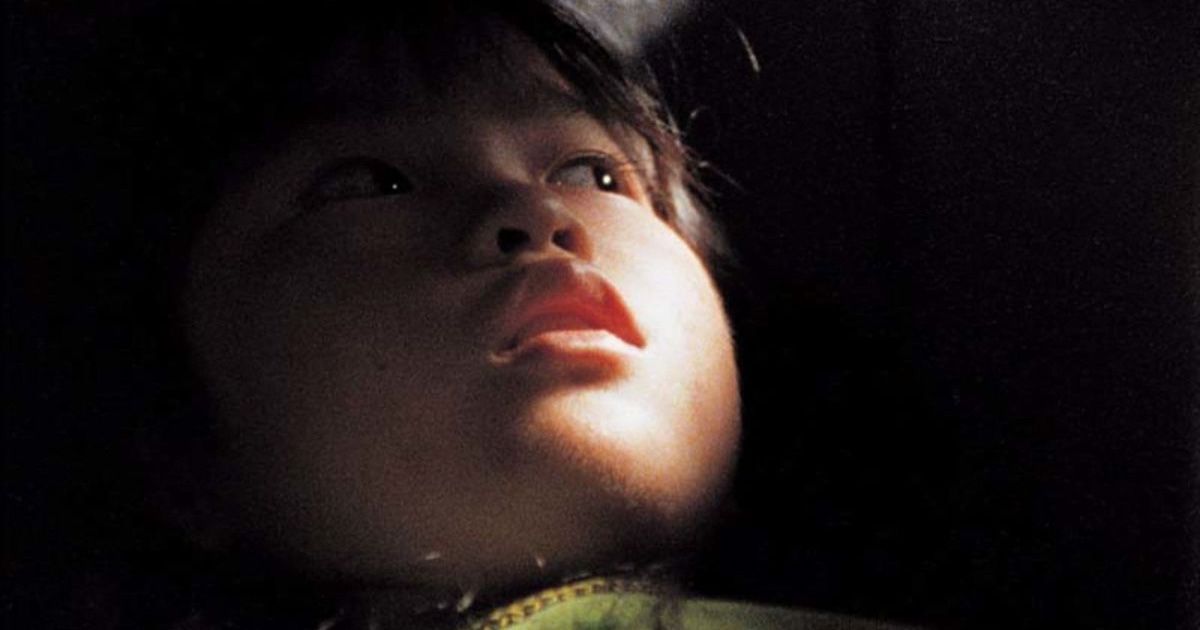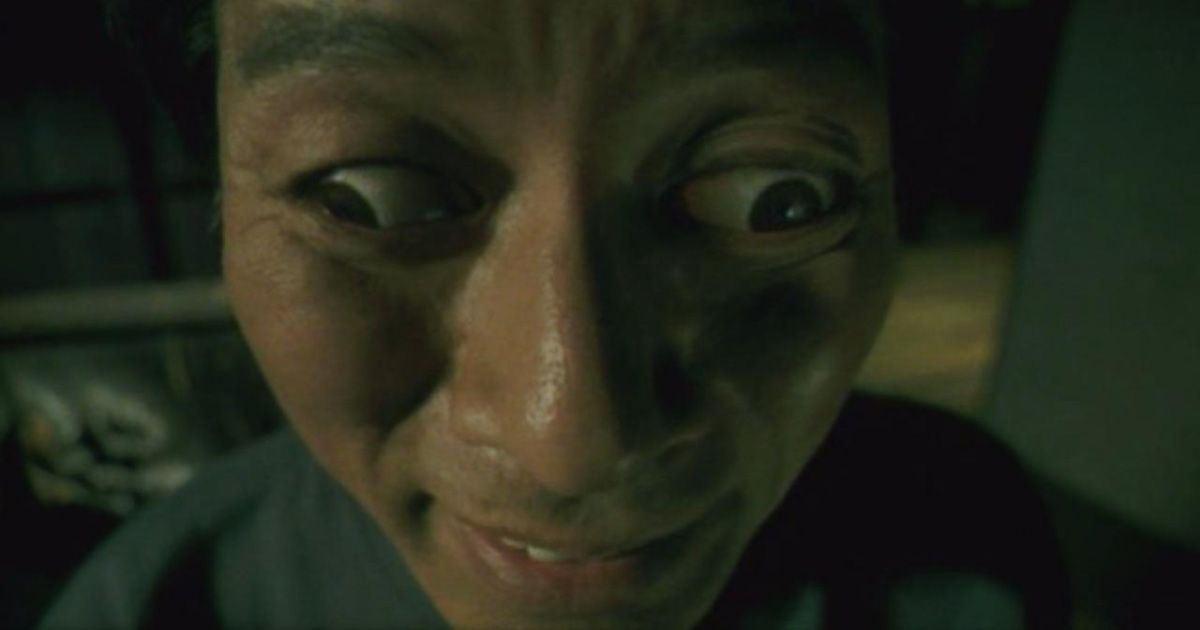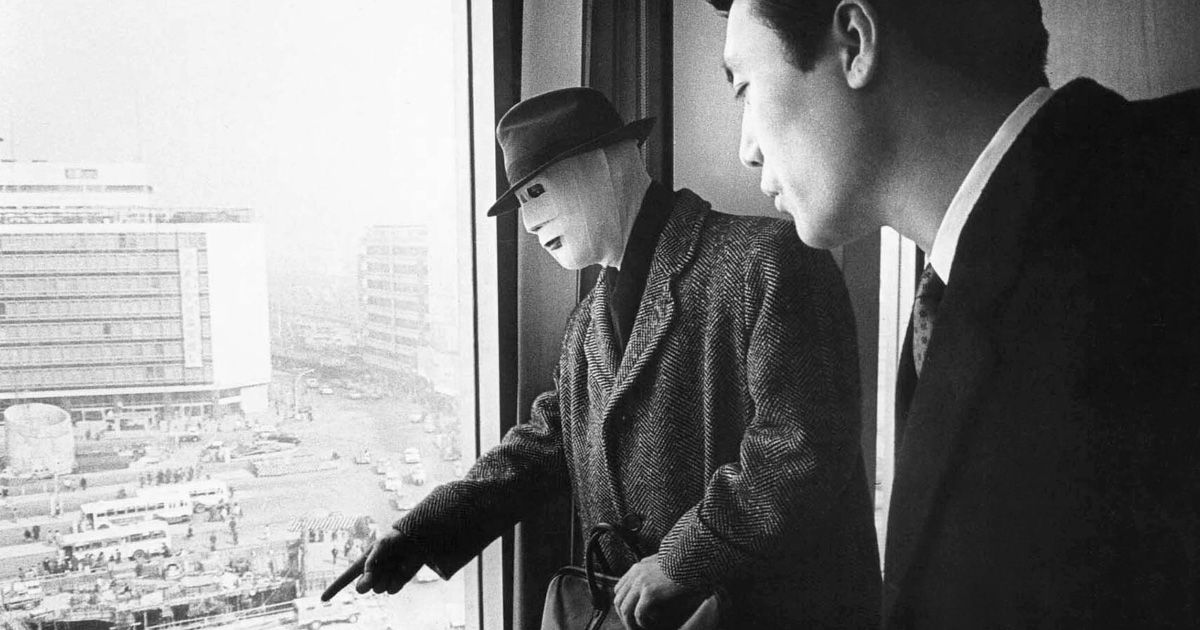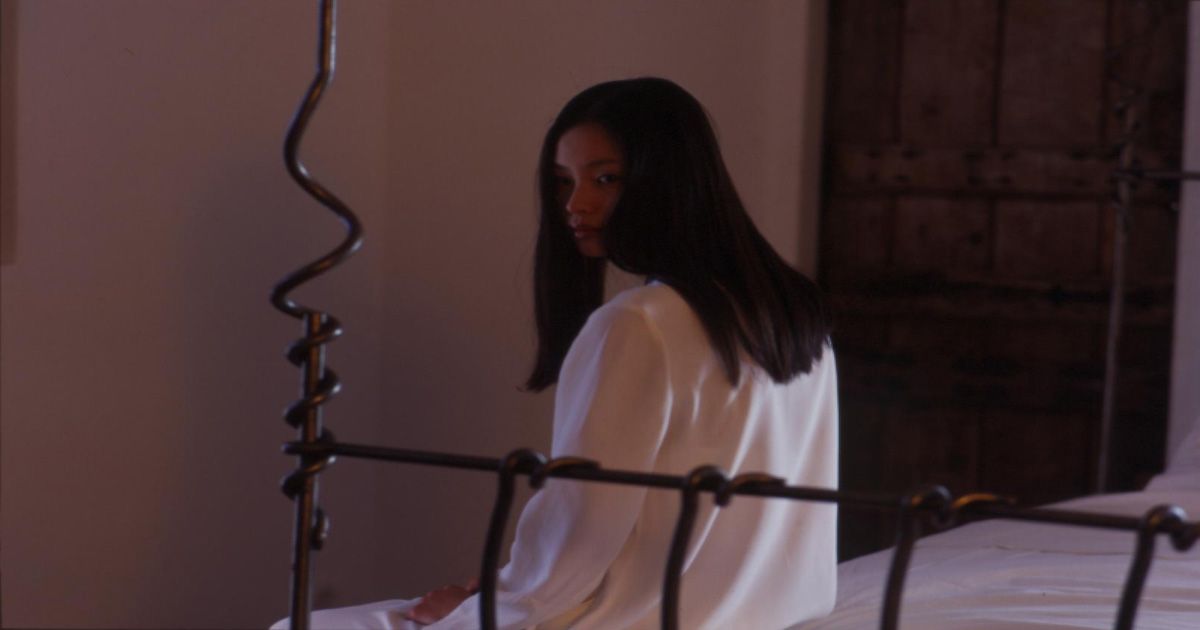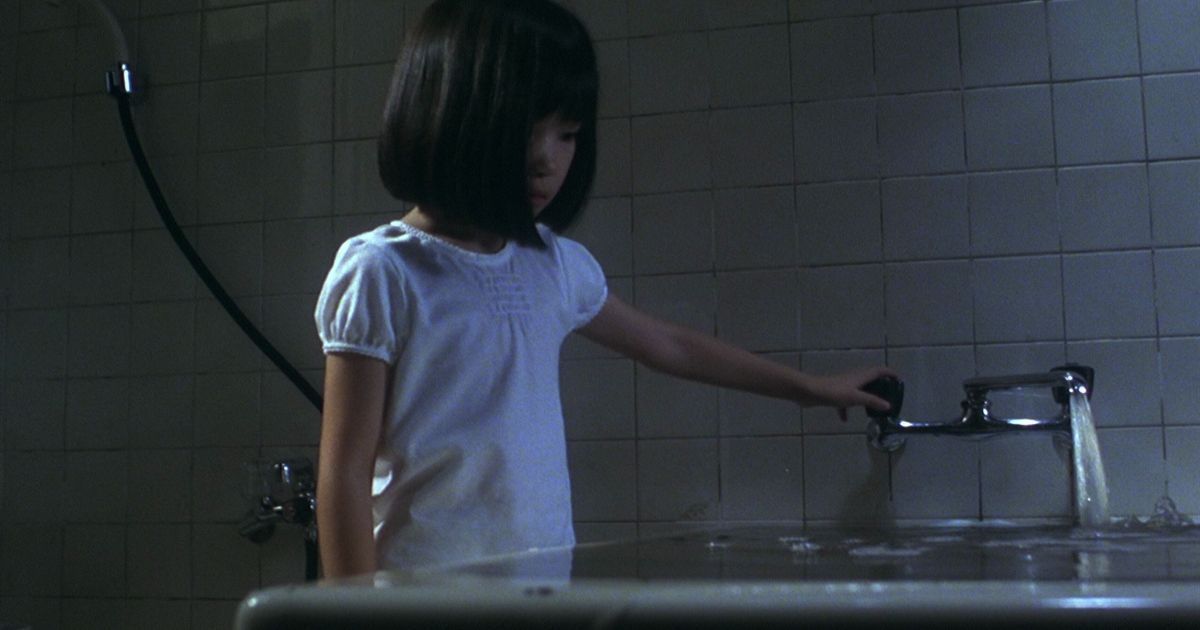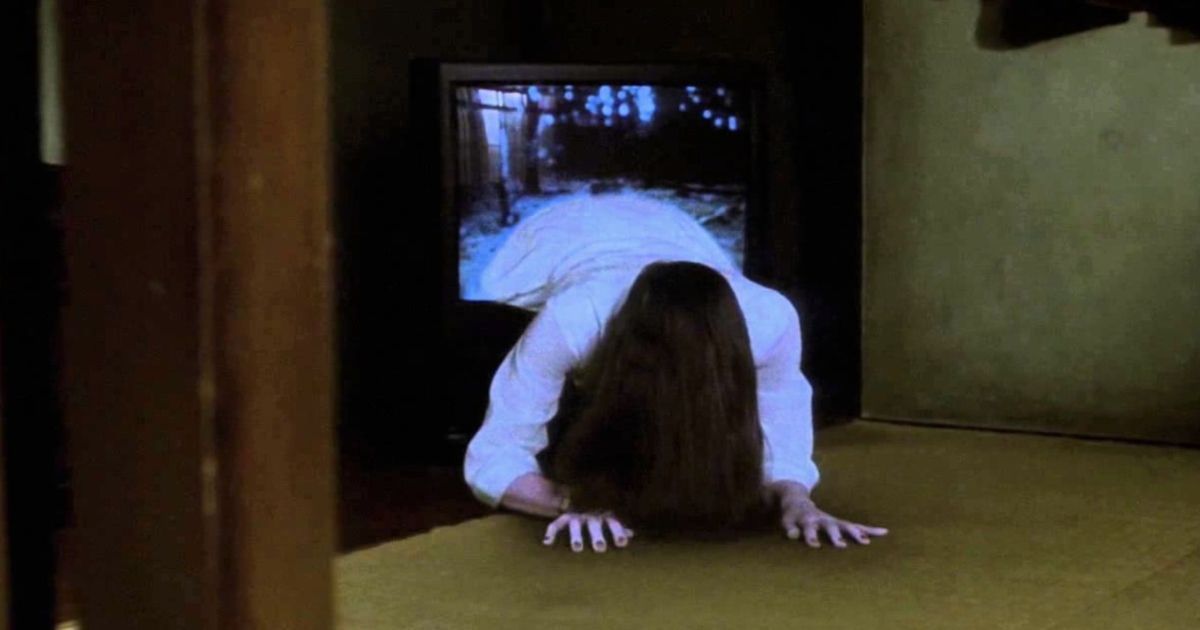Horror is an emotion that transcends the barriers of language. The medium through which it's presented may differ, but the effect it generates is more or less universal.
Japanese horror, or J-Horror as it often goes by, is deep-rooted in a sense of cultural ethos that leans towards elements of psychology and Japanese folklore. Despite the significant use of cultural influences in Japanese horror films, J-Horror captivates the viewer's mind with its tense and atmospheric nature. In fact, some of the spookiest Japanese horror films have been adaptations of equally scary bestselling novels, and in some cases, the on-screen adaptations may have very well outdone the original books. Here's a list of the best Japanese horror films based on books, ranked.
7 Séance (2000)
Séance is a Japanese film directed by Kiyoshi Kurosawa based on Mark McShane's 1961 novel, Séance on a Wet Afternoon - a rare instance where a Japanese film was adapted from a novel written by an Australian author. Prior to Kurosawa's adaptation of Mcshane's novel, Bryan Forbes made his version of Séance on a Wet Afternoon in 1964. Despite being adapted from the same novel, Forbes's film plays out like a courtroom drama, placing the film within the realms of a psychological thriller, whereas Kurosawa's Séance explores the dark side of human behavior. Since Séance was intended to be made for television, Kurosawa was provided with limited resources, but that didn't stop the master filmmaker from making one of the spookiest films to come out of Japan.
6 Uzumaki (2000)
If there's one thing that Japan does better than making terrifying horror films, it's creating beautifully illustrated horror Manga and Uzumaki is the haunting combination of these two crafts. Based on writer, illustrator Jungi Ito’s Manga of the same name, Uzumaki is the story of a small town’s descent into madness as the inhabitants get possessed by spirals. Uzumaki also marked the debut of Japanese-Ukranian filmmaker Higuchinksy.
5 Gemini (1999)
Gemini, directed by Shinya Tsukamoto, is one of the most twisted films to come out of J-Horror. The film is loosely based on a story by the famous novelist and literary critic Edoga Ranpo. The film deals with complex themes like betrayal, animalistic carnality, and human relationships set against a backdrop of post-feudal rural Japan. Gemini had its world premiere at the Venice Film Festival in 1999, followed by a nationwide release in the same year.
4 The Face of Another (1966)
The Face of Another is a film based on a 1964 book of the same name written by Kōbō Abe, and is directed by the legendary auteur Hiroshi Teshigahara. The film's narrative is deeply layered with issues such as urban loneliness, self-identity, and freedom - all recurring themes in Japanese culture. Apart from The Face of Another, Abe and Teshigahara have worked on films such as Pitfall, Woman in the Dunes, and The Man Without a Map. In 1964, Hiroshi Teshigahara created history by being the first person of Asian descent to have been nominated for the Academy Award for Best Director (Woman in the Dunes)
3 Audition (1999)
Audition is legendary director Takashi Mike’s adaptation of Ryu Murakami’s novel of the same name. Audition had its world premiere at The Vancouver International Film Festival in 1999, followed by a national release in Japan in 2000. The film centers around a man's attempt to find the "perfect" partner and the cost this pursuit comes at. Layered with complex themes of sexual brutality, lust and ultimately revenge, Audition is a fast-paced, jarring film you don't want to miss. In fact, Quentin Tarantino rated Audition as a movie he wants everyone to see at least once in their lifetime.
2 Dark Water (2002)
Dark Water is one of the finest films to come out of the J-Horror boom of the '90s and the 2000s. After the pathbreaking success of Ringu, this is the second collaboration between the legendary director Hideo Nakata and writer Koji Suzuki. The story revolves around a woman who moves to a creepy apartment with her young daughter during her divorce. From the beginning of the film, there’s more to the eerie apartment than meets the eye, with its suspenseful leaky ceiling to the overarching ghastly vibe of the place, nothing about the apartment seems right. In Dark Water, Nakata beautifully symbolizes the expansion of the leaky ceiling with the incoming tragedy, slowly eating away at life.
1 Ringu (1998)
Ringu is probably one of the most famous horror films to come from Japan. Credited for putting J-Horror on the global map, Ringu single-handedly revived the genre and blazed forward a path for films such as Ju-on: The Grudge and Noroi: The Curse. Based on a series of books by Koji Suzuki, Ringu was remade into a series of films in Hollywood. To date, there are very few films that have commercially and critically achieved the amount of success Ringu has. Upon the release of the film in 1998, Ringu was Japan’s highest-grossing film of the year, and in Hong Kong, Ringu topped big-budget Hollywood films such as The Matrix.

-1.jpg)
